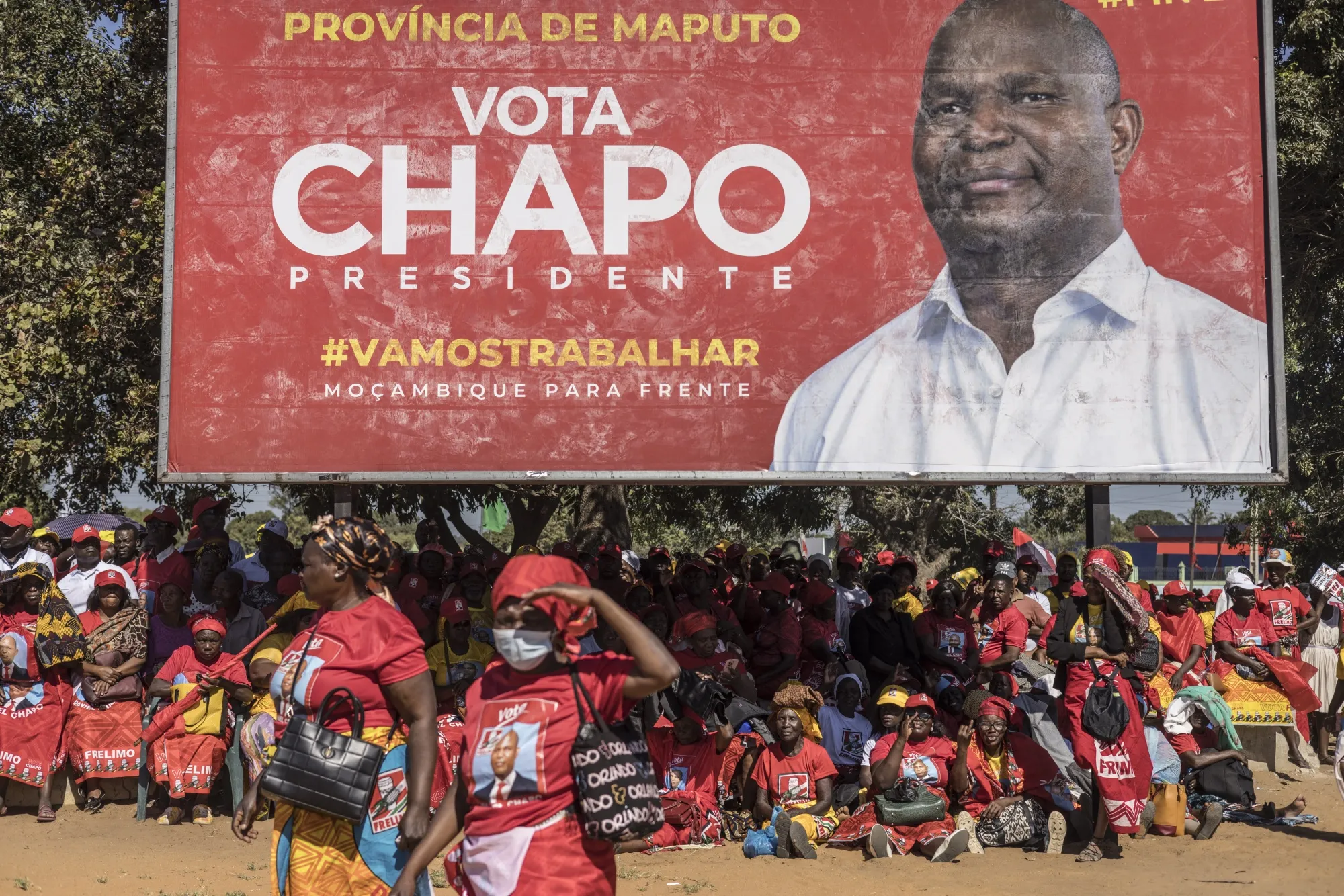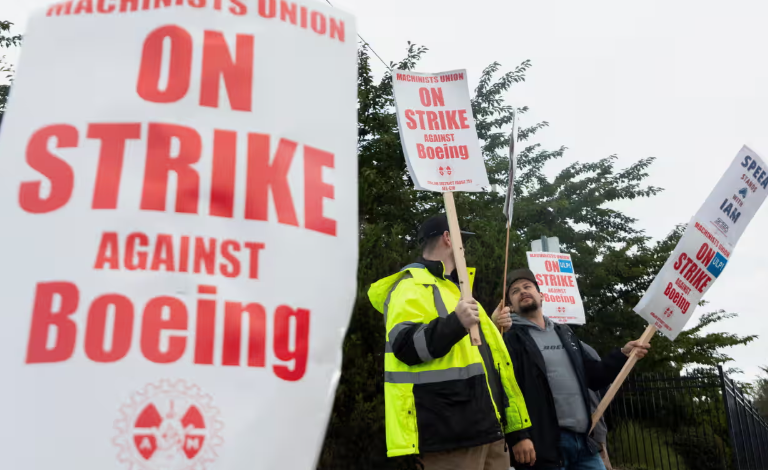The International Association of Machinists (IAM) recently voted overwhelmingly to reject a tentative agreement between union leadership and Boeing, sparking a strike that has disrupted production at the aviation giant.
The proposed contract included a 25% pay raise, improvements in healthcare, and retirement benefits. However, the union, which had been seeking a 40% raise, deemed the offer insufficient, with 96% of workers voting in favor of the strike. This marks Boeing’s first walkout in 16 years.
The backdrop of this dispute highlights long-standing frustrations among the workforce. The contract last negotiated in 2008 was extended twice, during which time the aviation industry experienced a boom, but many workers felt they missed out on the financial rewards. The pandemic’s impact further exacerbated feelings of discontent, as Boeing conducted share buybacks, benefiting investors and executives while the frontline workers saw stagnant wages. These tensions, combined with inflation and rising living costs, fueled the strong response from union members.
Boeing, under new leadership, is attempting to resolve the strike swiftly. Kelly Ortberg, the company’s CEO for just over a month, inherited a company facing significant challenges, including production issues, financial instability, and a mounting backlog of orders. Boeing’s cash flow has been a major concern, with the company burning through billions in recent months, and a prolonged strike could severely impact its recovery efforts. Debt-rating agencies have already signaled potential downgrades to Boeing’s credit status if the strike persists.
Union President Jon Holden acknowledged the deep-seated frustrations within the workforce, particularly over concessions made in prior negotiations, which eroded benefits like retirement plans. Newer workers, meanwhile, pointed to stagnant starting wages, which remain on par with lower-wage jobs, despite the high skill and responsibility required in aircraft assembly.
Negotiations are set to resume with the help of federal mediators, as both parties aim to find common ground. For Boeing, reaching a swift resolution is crucial not only to prevent further financial losses but also to maintain production of its key aircraft models, such as the 737 Max. The cost of the strike is estimated to be between $1 billion and $3 billion, depending on its length, with Boeing shares already nearing a two-year low.
For the machinists, this strike is an opportunity to push for long-awaited wage increases and improvements to benefits. As workers take to the picket lines, the strike highlights broader labor tensions in industries dominated by a few large companies, from Hollywood to the automotive sector, where similar disputes over wages and working conditions have led to significant disruptions.
Forbes, the Guardian, the Wal Street Journal contributed to this report.









